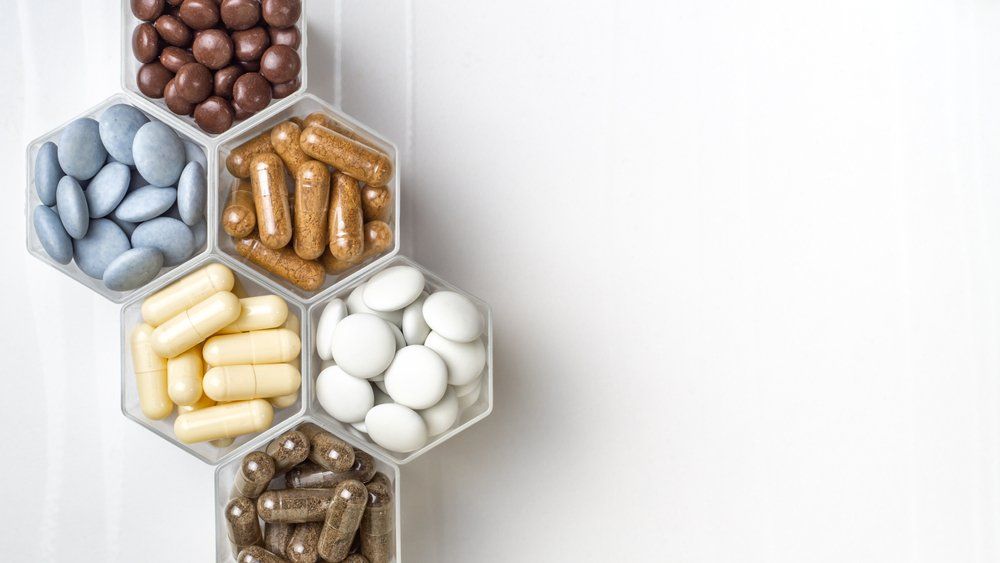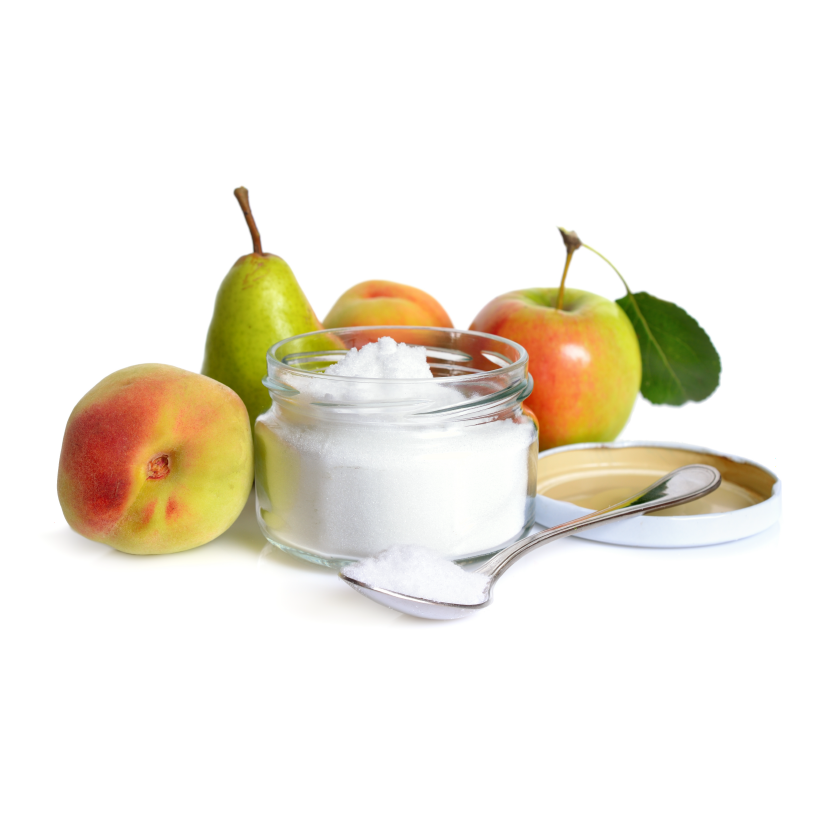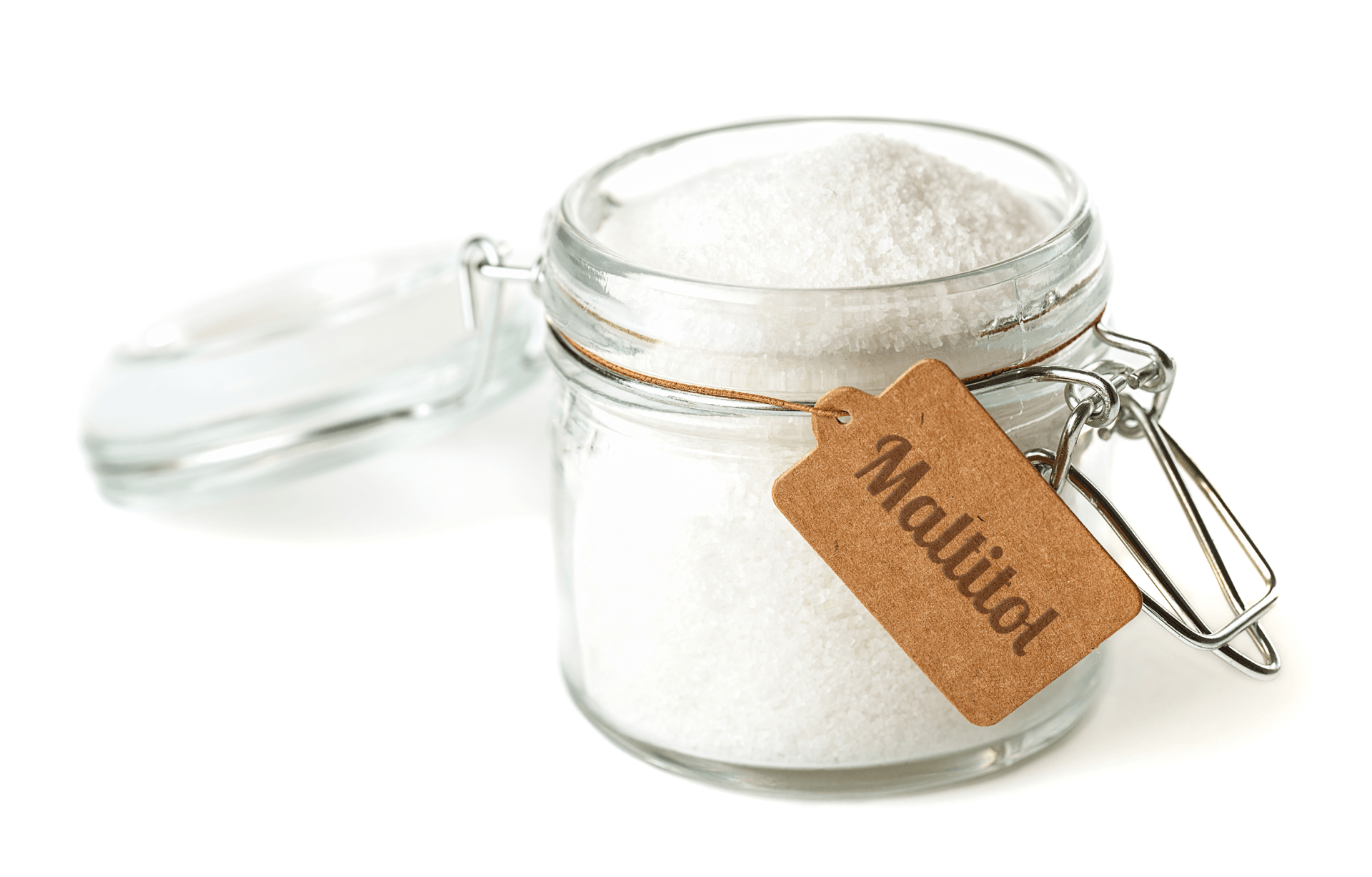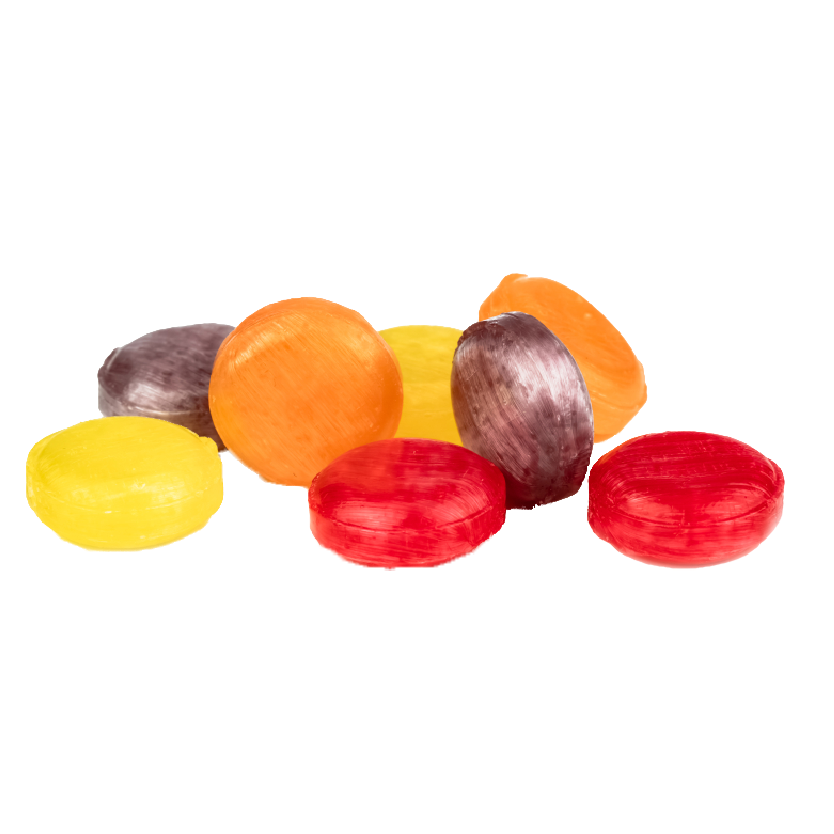Sugar for the Pharma Industry & Health Supplements
The Importance of Sugar in the Pharma Industry
All medicine contains an active drug, but luckily you're most likely unfamiliar with its taste. This is due to an added excipient, or an inactive substance used to turn the drug into a consumable form. Whether it's a syrup, tablet, pill, or gummy, sugar is commonly the unsung hero of the pharmaceutical industry, forever in charge of making unpleasant tasting medicines more palatable.
When it comes to sugar for medicated confectionery items such as throat lozenges, vitamins, and cough syrup, sugar is even more vital, particularly sugar syrups. Beyond helping balance the taste of the medicine, sugar is the key to achieving the right texture in vitamins and gummies and preventing products from solidifying.
Using liquid syrups is more efficient, since they don't need to go through the additional step of waiting for the sugar to dissolve and cool. Choosing the right type of sugar is vital.


How are Sugar Sweeteners Used in Health Supplements?
Tablets covered in sugar are better protected from moisture. Regular sucrose, or specifically made tableting sugar, is used to achieve this. The added sugar helps with both storage and transportation as well as easing the intake of the medicine due to the enhanced flavor.
High quality medical grade invert syrup has seen increased popularity as a leading excipient. Its sweet taste, viscosity, and resilience make it a perfect choice. Because it's so sweet, less sugar is needed to make bulk batches of medicine. In addition, invert sugar syrup increases the shelf life of the products, meaning less waste.
Popular Sweetening Agents
Used In Oral Pharmaceuticals
Medical professionals use several different sweeteners and sugars in oral pharmaceutical products, with varying results in stability and taste. Both natural and artificial sweeteners are used, with natural sugars being better for improving taste, while artificial sugars are used as an attempt to reduce sugar intake.
Powdered Fructose
Produced commercially from corn and is available in crystal and powdered forms.
Dextrose
Dextrose is a non-sucrose “sugar,” naturally occurring in many plants, fruits, and honey. In animals, dextrose – also called “glucose” and “grape sugar” – is a vital constituent of blood and is directly metabolized for immediate energy needs.
Maltitol Powder
Maltitol is a sugar alcohol used as a sugar substitute. It has 75–90% of the sweetness of sucrose and nearly identical properties, except for browning.
Sorbitol Liquid
Sorbitol, a polyol (called sugar alcohol), is a carbohydrate used in numerous food products.
Why Choose Indiana Sugar Sweeteners?
High Quality Products
While it's always important to have the best ingredients available for any industry, the medical industry demands that only the highest quality ingredients can go into the production of drugs and medicine.
Start worrying less about finding top-notch products with our lab-tested sweeteners!
Built On Trust
With nearly a century of experience, we value the importance and strength of our long-lasting partnerships over the years. We've seen it all.
There isn't a business issue we aren't willing to tackle. Contact us to start a new partnership with us today and start browsing our collection of sugar for medicated confectionery.
Timely Shipments
Demand for sugar in the medical and pharma industry is larger than ever. There are thousands of people who cannot wait for their medication, so we know just how important it is to meet that demand.
Get your sweeteners in as quickly as 24 hours from one of our privately owned locations.
Contact Us
We operate in an industry built on trust and our sugar company’s DNA was built on trust over 99 years ago. This trust can only be achieved through communication and experiences support – from the first contact.











